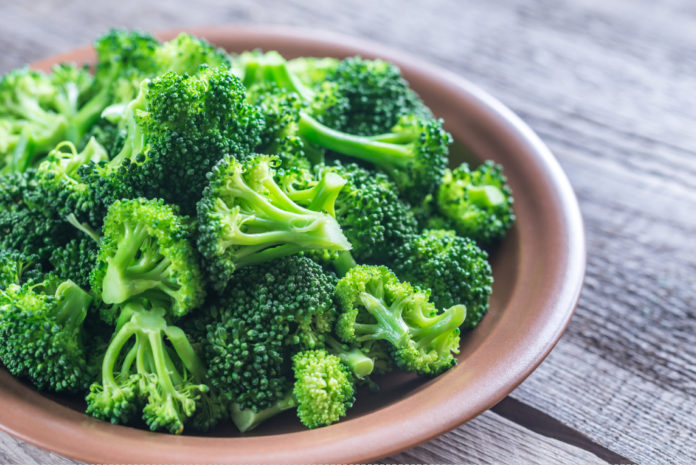What foods should we eat to lower cancer risk?
There is a simple phrase that we can all use to help us lower cancer risk. “You are what you eat.” This popular expression was created by the American nutritionist Victor Lindlahr back in 1942. Many elements of our health, including our chance of developing diseases like cancer, heart disease, and diabetes, are influenced by what we consume. We may not be able to control our genes, but we can control what we put on our plate.
According to the Academy of Nutrition and Dietetics, formerly known as the American Dietetic Association, a cancer fighting diet would essentially lower cancer risk by reducing and slowing the growth of cancer cells. This will also help with reducing the possibilities of getting heart diseases and diabetes. Peggy Mancini, M.S., R.D., a clinical dietitian at City of Hope said, “It is estimated that half of all breast cancers, a third of lung cancers and three-fourths of colorectal cancers could be prevented with healthier diets.”
To assist in a healthy diet to lower cancer risk, here is a simple guide containing a short list of whole foods known as The Three B’s.
Beans
Because of its high fiber, beans can help protect your body from colorectal cancer. Studies have shown that cooked and dried beans have helped lower cancer risk by decreasing colorectal tumor size. If you aren’t already, increase your fiber intake with a few servings of beans throughout the week.
Broccoli
Sulforaphane, a compound present in cruciferous vegetables that has anticancer properties, is found in broccoli. Sulforaphane decreased the number and size of breast cancer and prostate cancer cells in some studies. Try to add broccoli into your meals, both raw or cooked.
Berries
Berries are high in anthocyanins, which are plant pigments with antioxidants. A couple servings of these each day will be very beneficial. Some oral and colorectal cancer patients have been treated with bilberry extracts and freeze dried raspberries, and their results were linked to a lower cancer risk.
The Three B’s are easy to remember and a great way to start fixing us up to a cancer fighting diet. For those seeking more, garlic, salmon, flaxseed, turmeric, and cinnamon also have properties that are anti-inflammatory and can increase death in cancer cells.
As more information becomes available, it is becoming more obvious that what you consume might have a significant impact on your cancer risk. Meanwhile, it is safe to say that eating whole foods and living a healthy lifestyle can improve many areas of your health and lower cancer risk.
